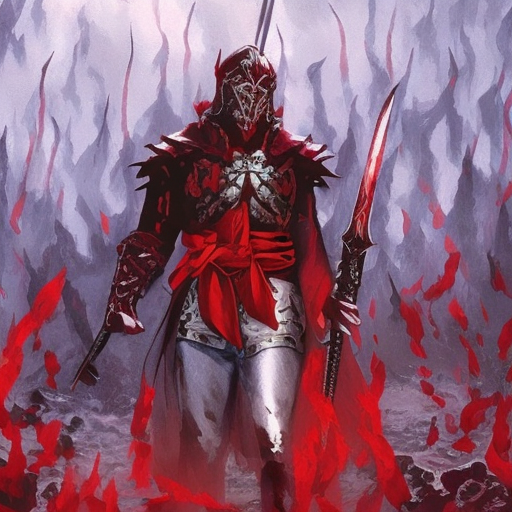One-line Summary:
Gladiator by Ridley Scott
In ancient Rome, a former general named Maximus Decimus Meridius is betrayed by the corrupt Emperor Commodus, who murders his father and seizes the throne. Reduced to slavery, Maximus rises through the ranks of the gladiatorial arena, seeking revenge against Commodus and fighting for his freedom.
Main Cast and Crew:
- Director: Ridley Scott
- Writer(s): David Franzoni, John Logan, William Nicholson
- Key Actors: Russell Crowe as Maximus Decimus Meridius, Joaquin Phoenix as Commodus, Connie Nielsen as Lucilla, Oliver Reed as Proximo, Richard Harris as Marcus Aurelius
- Music Director: Hans Zimmer
- Director of Photography: John Mathieson
- Producers: Douglas Wick, David Franzoni, Branko Lustig
Plot:
In Gladiator, Maximus Decimus Meridius, a loyal general in the Roman army, is chosen by Emperor Marcus Aurelius to succeed him as the leader of Rome. However, Marcus’ son Commodus, consumed by jealousy and ambition, murders his father and claims the throne for himself. Maximus, now a slave, is forced to become a gladiator and fight for his life in the Colosseum.
As Maximus gains fame as a gladiator, he plots his revenge against Commodus, who is both his enemy and the man responsible for the death of his wife and son. Maximus forms alliances with other gladiators, including the seasoned fighter Proximo, and gains the support of the Roman people who admire his bravery and integrity.
The film follows Maximus’ journey as he navigates the treacherous world of the gladiatorial arena, seeking justice and freedom. Along the way, he reunites with Lucilla, his former lover and Commodus’ sister, who is torn between her loyalty to her brother and her growing affection for Maximus.
The climax of the film culminates in a thrilling showdown between Maximus and Commodus in the Colosseum. The battle serves as a metaphorical clash between good and evil, as Maximus fights not only for his own survival but also for the restoration of justice and the liberation of Rome from Commodus’ tyrannical rule.
Themes and Motifs:
Gladiator explores themes of honor, loyalty, revenge, and the corrupting nature of power. It delves into the moral complexities of the characters, showcasing the contrast between Maximus’ virtuousness and Commodus’ ruthless ambition. The film also examines the brutality of the gladiatorial games and the spectacle-driven nature of Roman society.
Reception and Legacy:
Upon its release in 2000, Gladiator received critical acclaim for its epic scale, stunning visuals, and powerful performances. It won five Academy Awards, including Best Picture and Best Actor for Russell Crowe. The film’s success helped revive the historical epic genre and solidified Ridley Scott’s reputation as a master filmmaker.
Gladiator’s impact on popular culture is undeniable, with its iconic scenes and memorable dialogue becoming part of cinematic history. It inspired a resurgence of interest in ancient Rome and influenced subsequent films and television shows set in similar time periods.
Recommendation:
Gladiator is a must-watch for fans of historical epics and action-packed dramas. With its gripping storyline, breathtaking visuals, and stellar performances, the film offers a thrilling and emotional cinematic experience. It combines intense battle sequences with compelling character development, making it a timeless classic that continues to captivate audiences.
Memorable Quote:
“My name is Maximus Decimus Meridius, commander of the Armies of the North, General of the Felix Legions, loyal servant to the true emperor, Marcus Aurelius. Father to a murdered son, husband to a murdered wife. And I will have my vengeance, in this life or the next.” – Maximus Decimus Meridius












